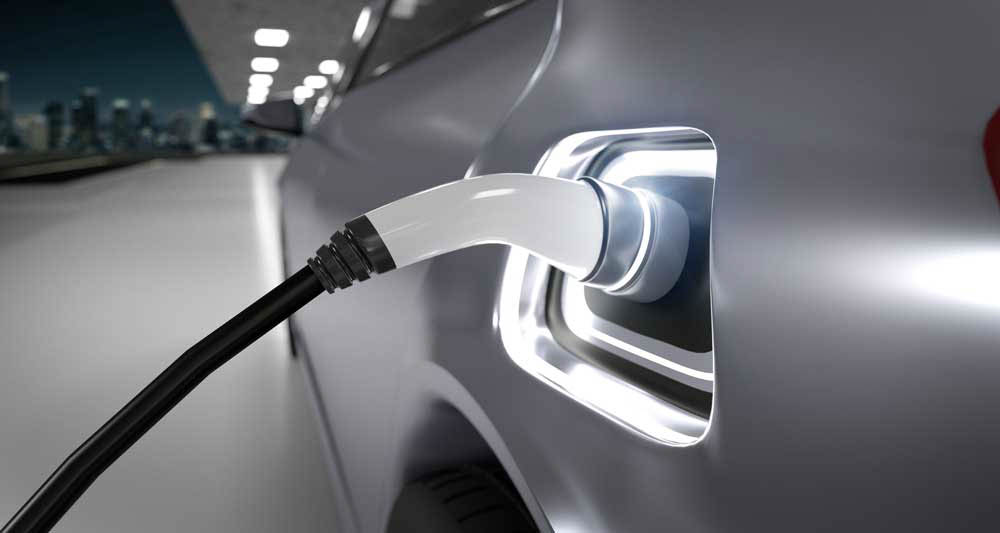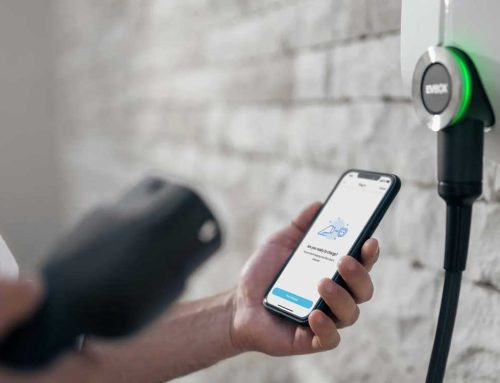Table of Contents
- Understanding Electric Car Chargers
- Selecting the Appropriate Electric Car Charger
- Installing an Electric Car Charger at Home
- FAQs
Car charger electric – Electric cars are becoming more and more popular as people seek ways to reduce their carbon footprint and save money on fuel. To keep these vehicles charged up and ready to go, you need access to electric car chargers. With so many types available, it can be overwhelming trying to decide which one works best for your car – that’s why we’ve put together this comprehensive guide on electric car chargers.
Understanding Electric Car Chargers
Electric car chargers come in various shapes and sizes, as well as with varying charging speeds. Here are the three primary types of electric car chargers:
Level 1 Chargers:
Level 1 chargers are the most basic type of electric car charger. They come standard with every electric car and can be plugged into a regular household outlet, though they charge at an incredibly slow rate of only 4-5 miles per hour – meaning it may take more than 24 hours to fully charge a car using this type of charger.
Level 2 Chargers:
Level 2 chargers are the most common home electric car charger type. They require a 240-volt outlet, similar to what you might use for a dryer or oven. Level 2 chargers charge an electric car much faster than their Level 1 counterparts with an hourly range of around 25 miles per hour of charging – meaning you can fully charge your car overnight using this type of charger! (More info on – Best Electric Car Home Charger)
DC Fast Chargers:
DC fast chargers are the quickest type of electric car charger and are often found at public charging stations. These use direct current (DC) to charge the car battery, allowing them to do so much faster than Level 1 or Level 2 chargers can. Depending on your car and charger combination, you could get up to 80% charge in just 30 minutes with a DC fast charger! (More info on – Electric Car Charging – EV Charging Guide For Beginners)

Electric Car Charger Ireland, Suite 1, Rear Unit 7, Church Place, Glenageary, Co. Dublin, A96 A9Y0, Phone: +353 1 515 93 36, Website: www.electriccarcharger.ie
Selecting the Appropriate Electric Car Charger
When selecting an electric car charger, there are several factors to take into account, such as:
- Your car’s charging capabilities
- How long do you have to charge
- The cost of the charger
- Where available charging stations are in your vicinity
Installing an Electric Car Charger at Home
If you want to install a Level 2 charger at home, you’ll need to hire an electrician for the installation of a 240-volt outlet. Installation prices can range between €500 and €1,500 depending on their complexity, but in general, you should budget between these amounts. (More info on – EV Charging Station Contractors) Furthermore, the SEAI offers a grant for the installation of electric car chargers. The new scheme began in 2018 and provides a grant up to the value of €600 towards the purchase and installation of a home charger unit. The applicant must be the owner of an eligible new or second-hand electric vehicle (EV). (More info on – EV home charger installation)
Electric car chargers are essential for those who own an electric car. From Level 1 chargers to DC fast chargers, there are various options available depending on your car and charging needs. When selecting an electric car charger, factors like charging speed, cost and availability must be taken into consideration. With this comprehensive guide, you should now have a better understanding of electric car chargers so that you can select the right one tailored to your requirements.
Remember, the future is electric, and as more and more people switch to electric cars, the demand for charging stations will only continue to increase. With this guide in hand, you can rest assured that you’re making an informed decision when selecting an electric car charger.
No matter if you need an occasional Level 1 charger or daily charging at home, there’s an electric car charger to suit your needs. And for longer trips, DC fast chargers offer fast and convenient on-the-go charging. (More info on – Home Charger for Electric Cars)
As electric cars become more mainstream and affordable, we will soon see them everywhere – just like fueling stations today. Make the switch to an electric car and join the charging revolution today!
FAQs
Q: Can I use a Level 1 charger to charge my car while on the go?
A: Yes, you can use any standard household outlet to recharge your vehicle with this type of charger; however it will be very slow and may not provide enough juice for longer journeys.
Q: Can I use a Level 2 charger to charge my car at a public charging station?
A: Yes, you are welcome to do so if your vehicle is compatible.
Q: How much does it cost to use a public charging station?
A: Prices for using public charging stations can vary based on the station and location. Some offer free charging, while others charge by the hour or amount of energy consumed. You’ll usually find pricing information either directly on the charging station itself or through mobile apps. (More info on – EV Public Charging)
Q: Can I charge my electric car using a regular extension cord?
No, it is not advised to do so. Extension cords have the potential for overheating and creating a fire hazard if they are not rated for the amount of power necessary to charge an electric car.
Q: How long does it take to fully charge an electric car using a Level 2 charger?
A: The amount of time it takes to fully charge an electric car using a Level 2 charger depends on the car’s battery size and charging rate. On average, it takes 8-12 hours for a Level 2 charger to provide a full charge to an electric car.
Q: What’s the difference between a Level 2 charger and a Level 3 charger?
A: Level 2 chargers are the most popular home electric car charger, offering faster charging speeds than their higher-power counterparts (Level 1 chargers). On the other hand, Level 3 chargers or DC fast chargers offer even faster acceleration – up to 80% in just 30 minutes!
Q: Can I install an electric car charger in my apartment complex or workplace?
A: Absolutely! Installation of electric car chargers within apartment complexes and workplaces is possible with approval from building management and a qualified electrician. However, this may require approval from both parties before proceeding with the installation.
Q: Where can I locate electric car charging stations near me?
A: You can search for charging stations nearby using mobile applications like PlugShare or your electric car manufacturer’s website. Popular navigation applications like Google Maps or Waze also display charging stations along your route.
Q: Can I charge my electric car in the rain?
A: Absolutely, electric car chargers are designed to function in all weather conditions including rain. However, both the charging cable and connectors must be dry before plugging them into your car to prevent any electrical hazards.
Q: Do I Need a Special Adapter to Use a Level 2 Charger?
No, you don’t require a special adapter to use a Level 2 charger. However, you may need to purchase a charging cable compatible with your electric car’s port; check its owner’s manual or manufacturer’s website for exact specs.
Related search terms: electric car charger, EV charger, electric vehicle charger, portable electric car charger, electric car charging station, Level 2 electric car charger, Tesla electric car charger, electric car charging cable, electric car charging adapter, DC fast charger, home electric car charger, 240V electric car charger, wireless electric car charger, electric car charger installation, best electric car charger
Ever wondered about a Wallbox EV Charger ….Check out our latest blog post for details.



